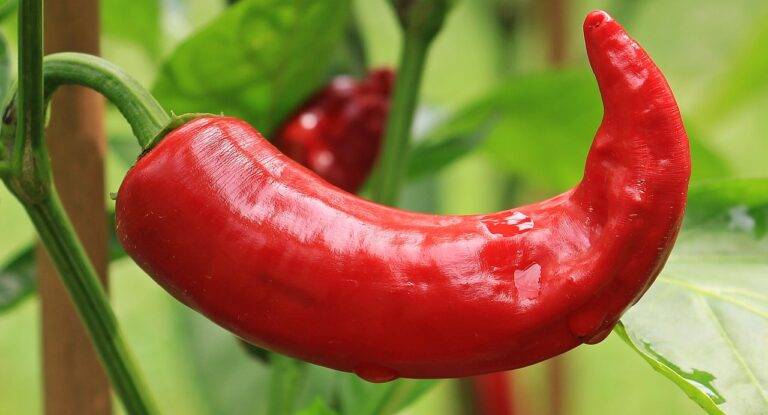The Future of Plant-Based Milk Alternatives
The demand for plant-based milk alternatives has been steadily increasing in recent years. Consumers are becoming more health-conscious and environmentally aware, leading to a shift away from traditional dairy products. With a variety of options such as almond, soy, oat, and coconut milk available in the market, consumers now have a wide range of choices to suit their preferences and dietary needs.
One of the key factors driving the growth of plant-based milk alternatives is the increasing number of people adopting vegan or vegetarian lifestyles. This has created a niche market for dairy-free products, with plant-based milks being a popular choice due to their nutritional value and ethical considerations. This trend is expected to continue as more consumers opt for plant-based options for health, environmental, and ethical reasons.
Environmental Impact of Plant-Based Milk Production
Plant-based milk production has gained immense popularity in recent years as consumers shift towards more sustainable and ethical food choices. However, the environmental impact of producing plant-based milk alternatives is a topic that has garnered increasing attention. The production of plant-based milk typically requires large amounts of water, land, and energy, contributing to the strain on natural resources and potential environmental degradation.
Furthermore, the cultivation of crops for plant-based milk production can lead to deforestation and habitat loss, disrupting ecosystems and biodiversity. The use of pesticides and fertilizers in crop cultivation also raises concerns about water pollution and soil health. It is essential for producers and consumers alike to consider the broader environmental implications of plant-based milk production to ensure a truly sustainable food system.
What are some of the current market trends in plant-based milk alternatives?
Some current market trends in plant-based milk alternatives include a growing demand for oat milk, almond milk, and soy milk. These alternatives are becoming increasingly popular among consumers seeking dairy-free options.
What is the environmental impact of plant-based milk production?
Plant-based milk production generally has a lower environmental impact compared to dairy milk production. This is because plant-based milk alternatives typically require less water, land, and produce fewer greenhouse gas emissions. However, it is important to consider factors such as transportation and packaging when evaluating the overall environmental impact.
How does plant-based milk production contribute to sustainability?
Plant-based milk production can contribute to sustainability by reducing the reliance on animal agriculture, which is a major contributor to deforestation, water pollution, and greenhouse gas emissions. By choosing plant-based milk alternatives, consumers can help support more sustainable food production systems.
Are there any challenges associated with plant-based milk production from an environmental perspective?
While plant-based milk production generally has a lower environmental impact than dairy milk production, there are still some challenges to consider. For example, the production of certain plant-based milk alternatives, like almond milk, can have negative impacts on water resources if not managed properly. It is important for producers to consider the full lifecycle impacts of their products and work towards more sustainable practices.





